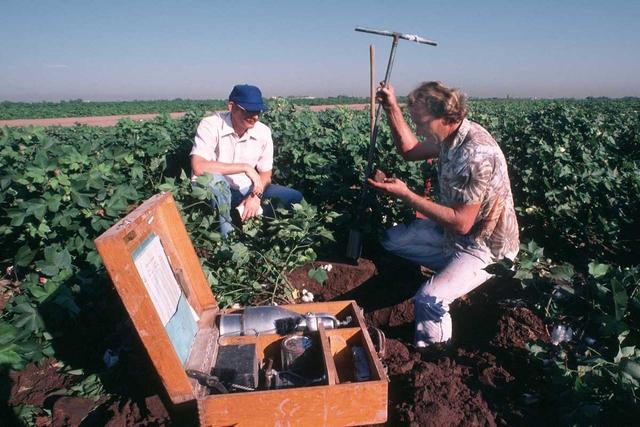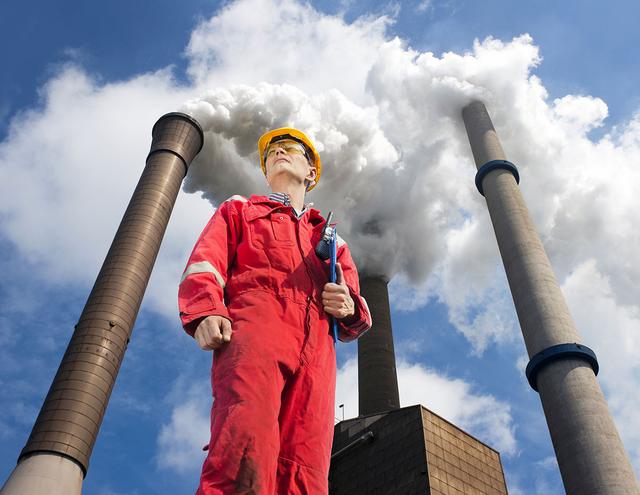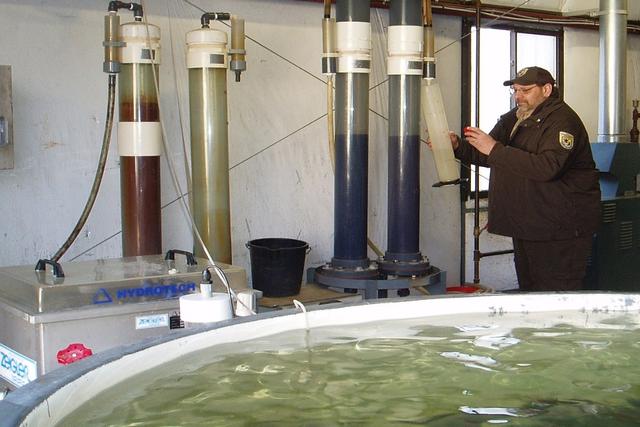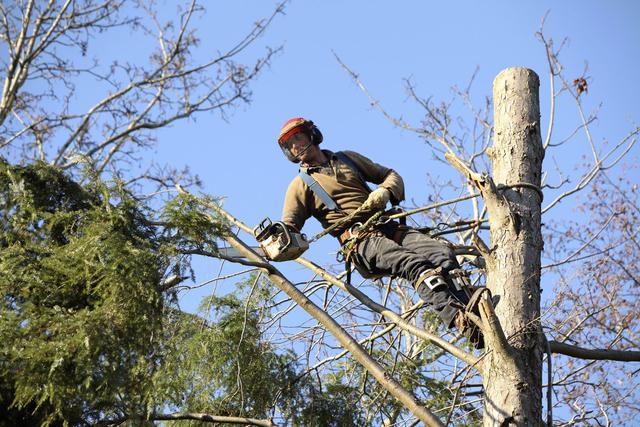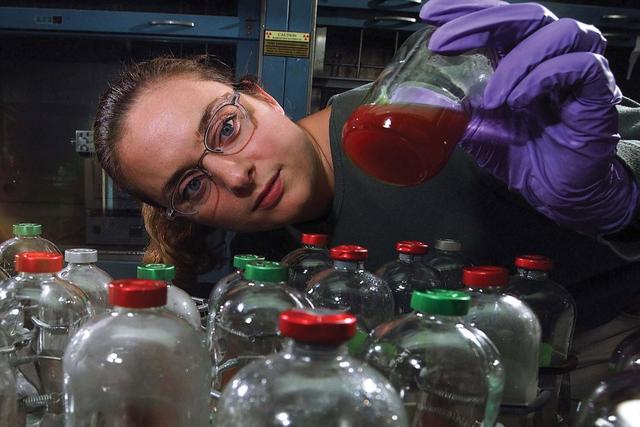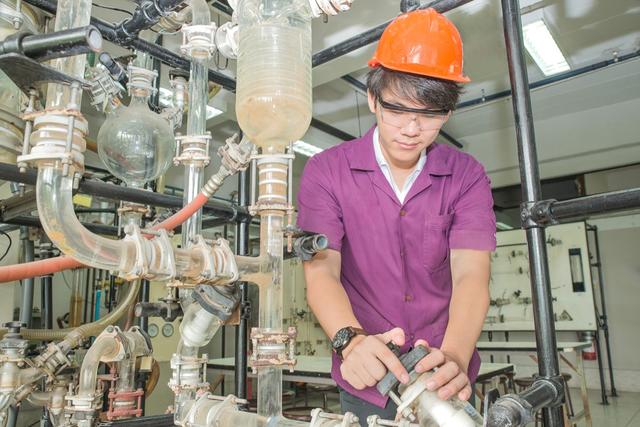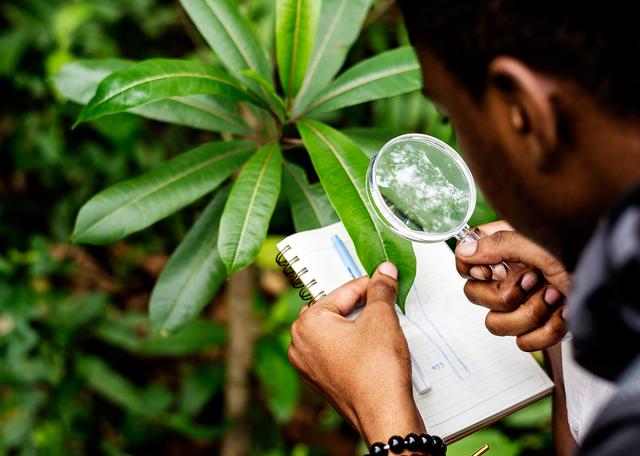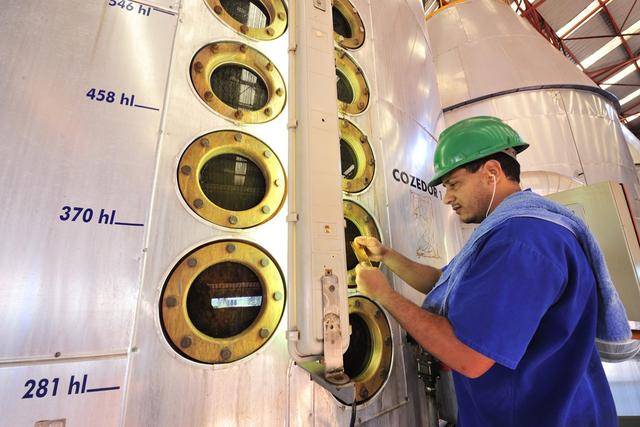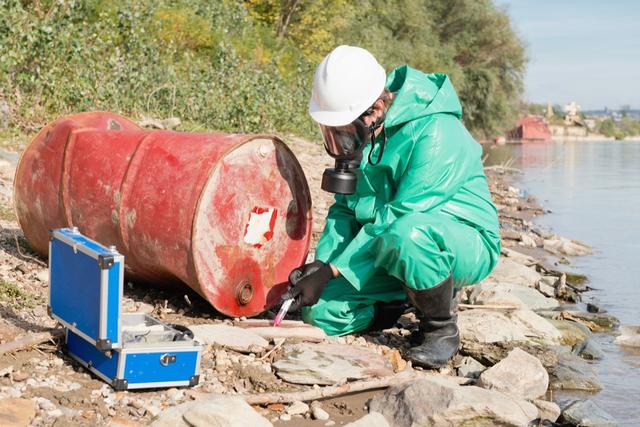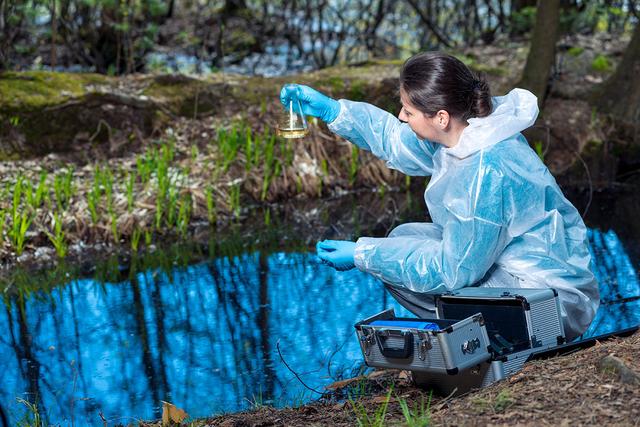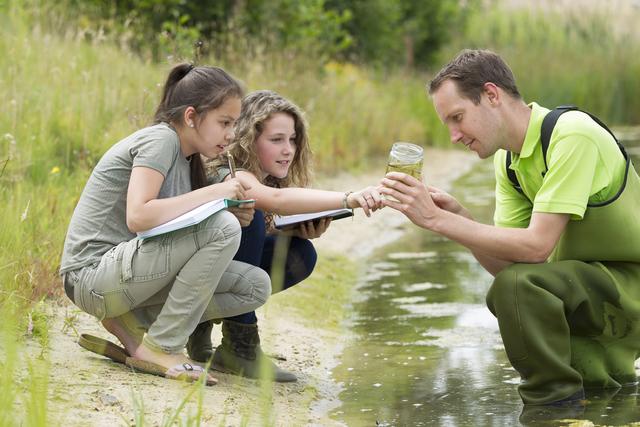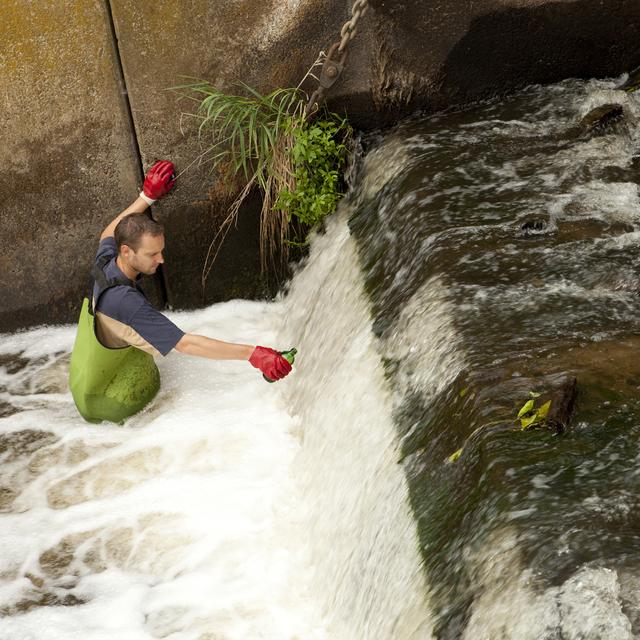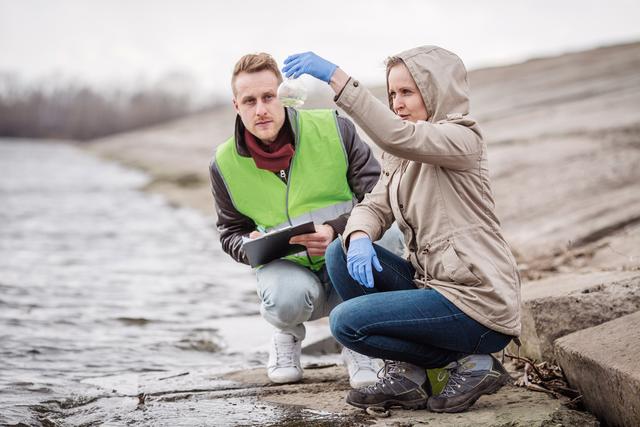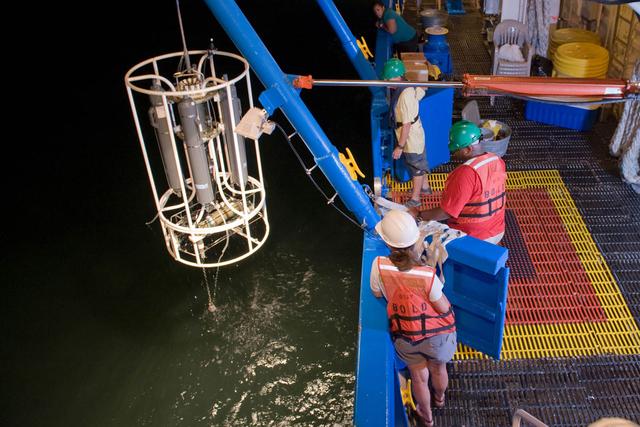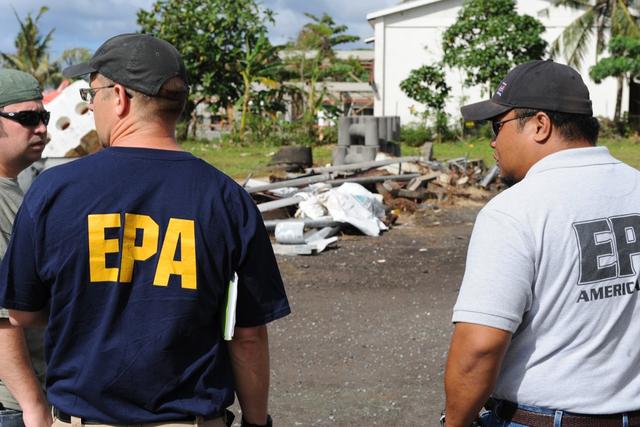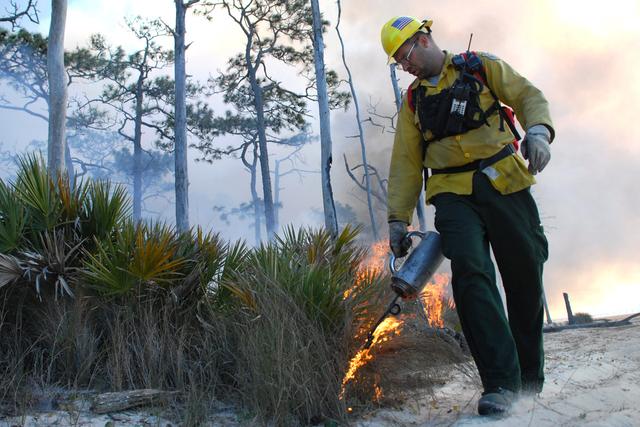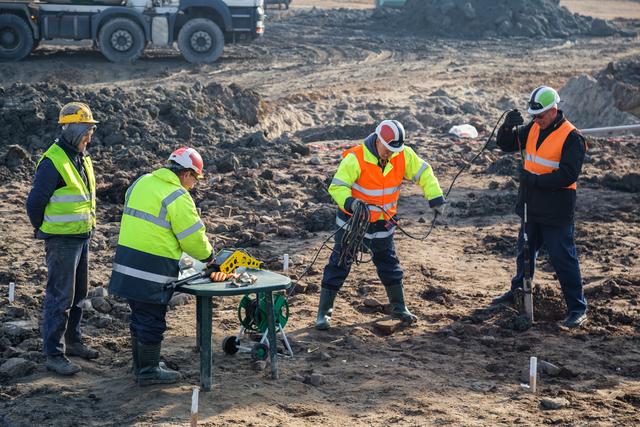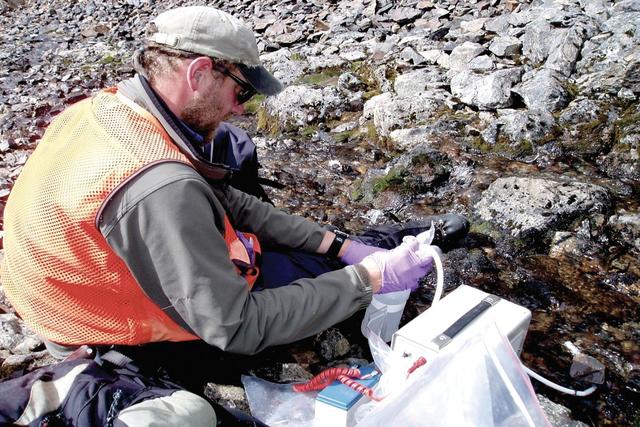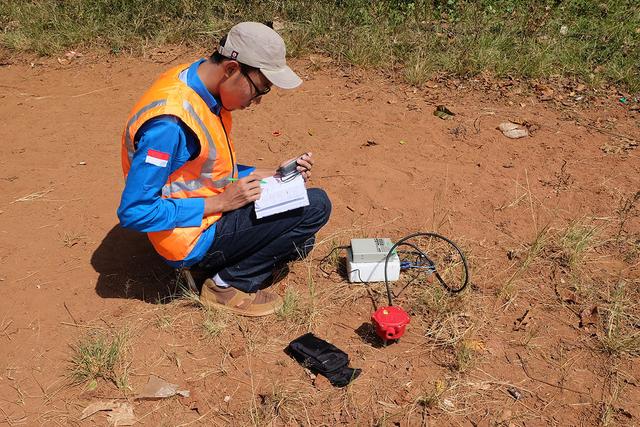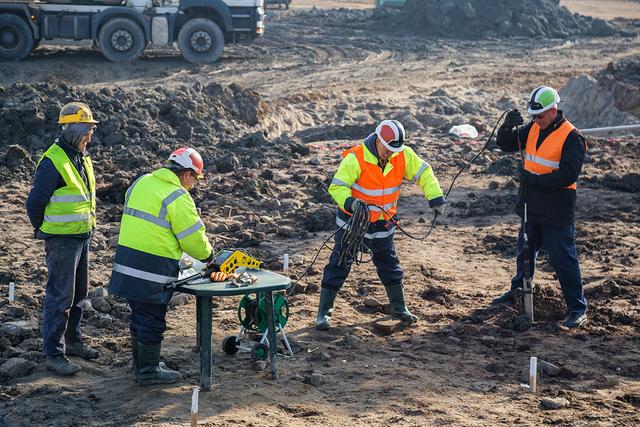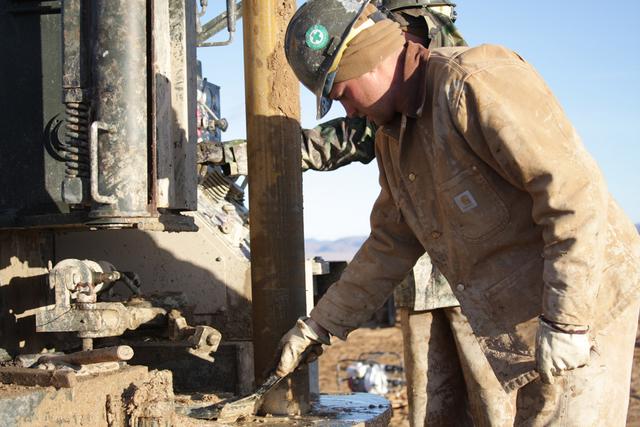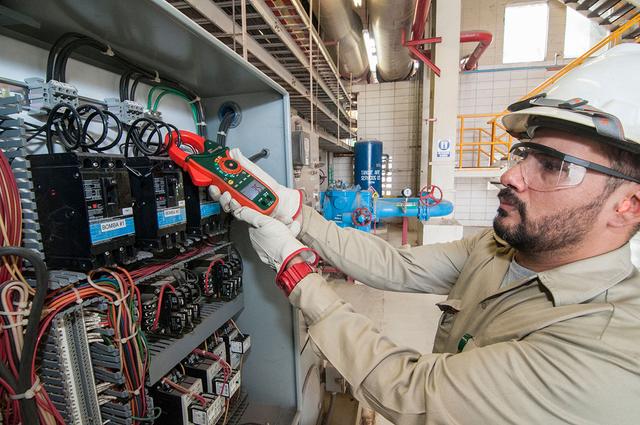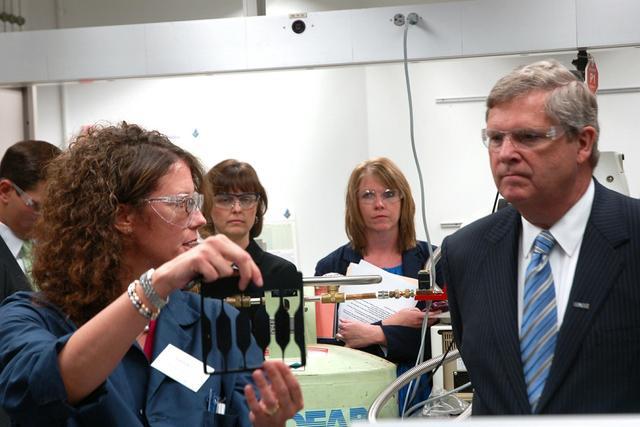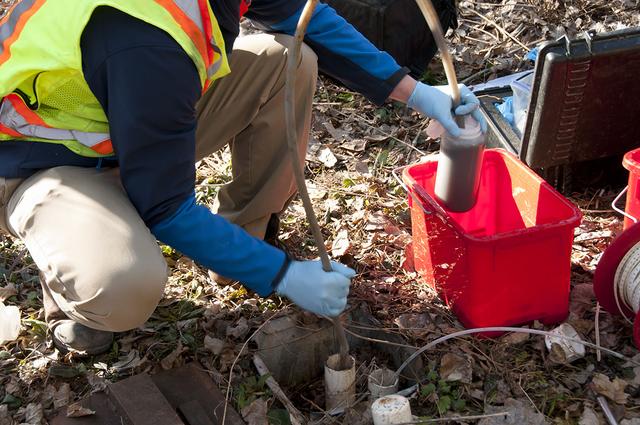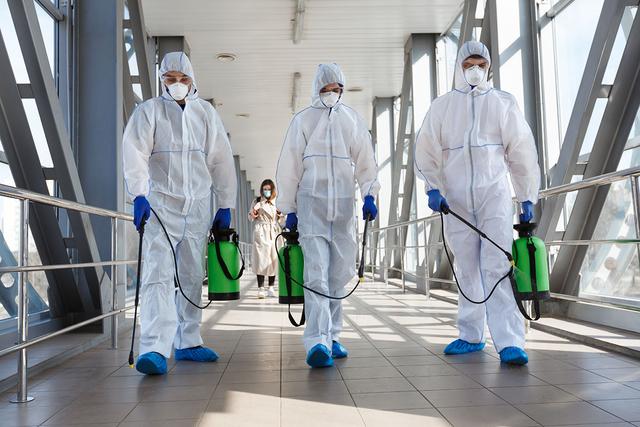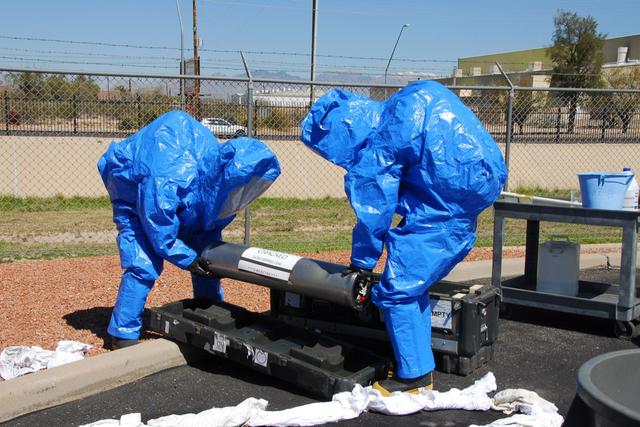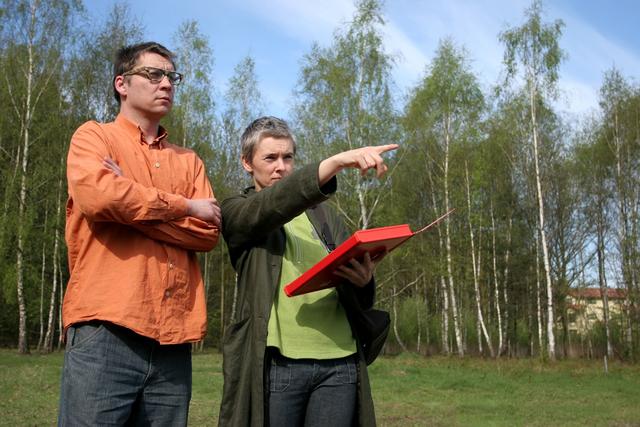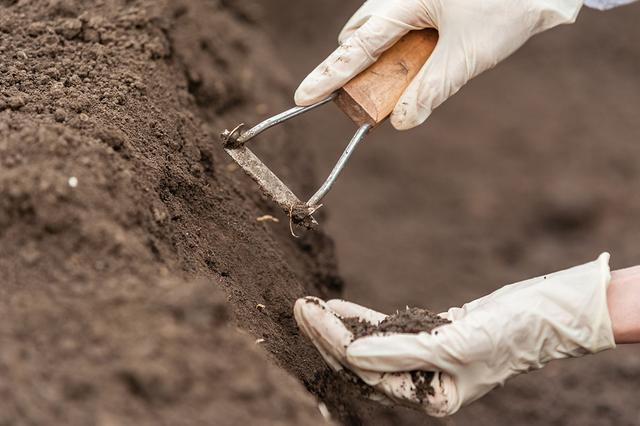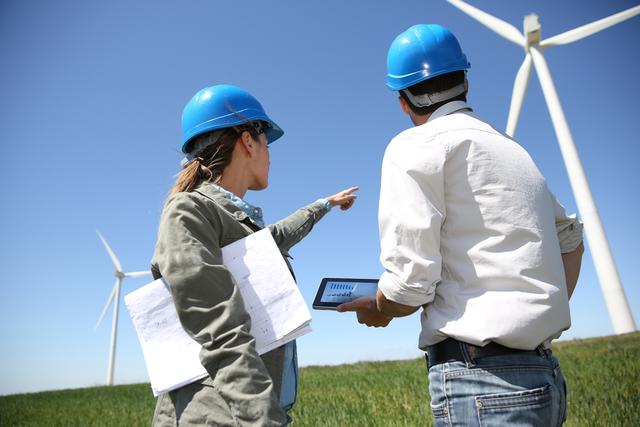Environmental Technicians
Overview

Introduction
Environmental technicians conduct tests and field investigations to obtain soil samples and other data. Their research is used by engineers, scientists, and others who help clean up, monitor, control, or prevent pollution. An environmental technician usually specializes in air, water, or soil pollution. Although work differs by employer and specialty, technicians generally collect samples for laboratory analysis with specialized instruments and equipment; monitor pollution control devices and systems, such as smokestack air "scrubbe...
Quick Facts
Median Salary
Employment Prospects
Minimum Education Level
Experience
Skills
Personality Traits
Earnings
Pay for environmental technicians varies widely depending on the nature of the work they do, training and experience required for the work, type of employer, geographic region, and other factors. Public-sector positions tend to pay less than many private-sector positions.
Earnings of environmental technicians vary significantly based on the amount of formal training and experience. Accor...
Work Environment
Work conditions range from clean and pleasant indoor offices and laboratories to hot, cold, wet, bad-smelling, noisy, or even hazardous settings outdoors. Anyone planning a career in environmental technology should realize the possibility of exposure to unpleasant or unsafe conditions at least occasionally in his or her career. Employers often can minimize these negatives through special equipm...
Outlook
Demand for environmental science and protection technicians is expected to increase by 7 percent, faster than the average for all careers, through 2033, according to the U.S. Department of Labor (DOL). Those trained to handle increasingly complex technical demands will have the best employment prospects. Environmental technicians will be needed to collect soil, water, and air samples to measure...
